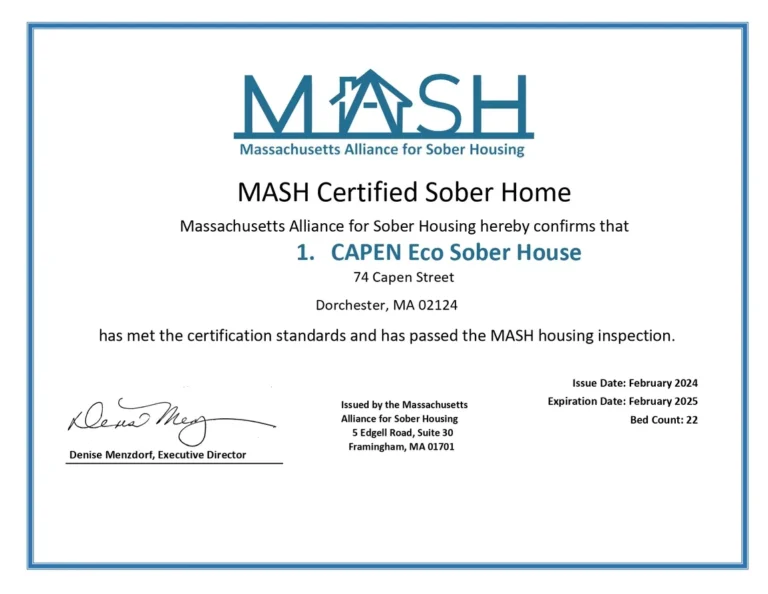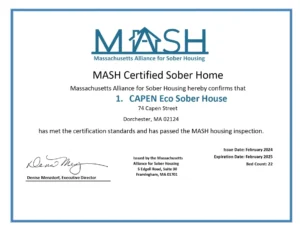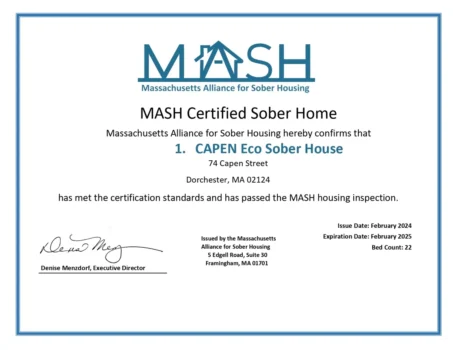
We must know which people require amends as soon as possible. In addition, we must know which people on our list might never receive complete restitution. Finally, there will be some people to whom we must never speak again, even if we feel confident that they deserve amends. Step Nine can be scary to those who feel they do not deserve forgiveness. This is why we must remember that forgiveness is not the principle of Step Nine.
- Honesty is key in determining impactful living amends, which require ongoing effort and dedication to show real transformation.
- When you make amends, you want to be as specific as possible in explaining the reason for your actions.
- This is part of our ongoing commitment to ensure FHE Health is trusted as a leader in mental health and addiction care.
Get the Help Your Loved One Deserves
But the rewards you’ll reap from living amends can help make the challenges easier and more productive. When held in the bonds of an addiction, it’s not uncommon for many relationships to feel strain, or to fall apart together. On the other hand, some people consider living amends to be a whole sober lifestyle.
Questions About Treatment?
In the second month, if they reapply and successfully are awarded the second month’s rent, the resident will pay 50% of the rent. If they receive that scholarship, they’ll pay 75% of that month’s rent. We believe that having the recipient help pay the bills empowers them and gives them a stake in their sobriety. Before you start working step nine, you must have already completed step eight. Step eight says “Made a list of all the people we have harmed and became willing to make amends to them all.” You cannot work the 9th step effectively without doing step eight first. We believe that when you are paying for at least a portion of your stay at a facility, you’re more invested in the recovery process.
When You Don’t Actually Know the Affected Person

You can’t predict someone else’s reaction, but you can control yours. The purpose of making amends is not to receive the “right reaction” from the other person. If the person you’ve just made amends with does not accept them, don’t let that take away from the purpose. Once you have completed step 9, it’s time to move on to step 10. Step 10 in AA asks you to take a personal inventory of how far you’ve come. It also asks you to reflect on where you are in the present and your day-to-day life.
It is equally important that you genuinely stop and listen to the other person. Even if you want to justly or correct, allow them the right to express their experiences, feelings and thoughts about the harm. If you have a reaction to their feedback, pause and just listen then share your thoughts about this with your support system, therapist or sponsor. Living amends is a certain type of amends you make in addiction recovery.

Progressing in Your Recovery
To make amends means to living amends apologize for something you have done or for wronging someone in some way. It means mending, or (quite literally) fixing, the relationship. Experiencing a mental health or substance use issue can be intimidating but you don’t have to do it alone.
- It’s possible that the other person is unaware of the harm you have caused them, and making direct amends would make them aware and hurt them badly.
- It’s also vital that you don’t cause additional harm to the people you’re making amends with.
- But if we can approach it head-on and come out the other side as better people, then we will make great leaps toward the spiritual progress that allows us to remain sober.
- Well, there are no half measures, and it ain’t easy… if it were easy, everyone would be doing it!
- For example, let’s say that your addiction caused you to drop a relationship in your life.
Get help for recovery and the 12-Step Program

The three primary types of amends are direct amends, indirect amends, and living amends. Each type serves a unique purpose in recovery and offers alcohol rehab various methods for addressing past wrongs and demonstrating commitment to change. Amends can repair the harm caused by addiction as we work the 9th step of a twelve step recovery program like AA. Unlike apologies, they involve concrete actions to restore trust, right the wrongs we made and rebuild relationships as we demonstrate our changed behavior. When you struggle with substance use addiction, taking the first steps to learn how to begin the amends process is admitting you need help and starting your recovery journey.
How it helps

However, there is an immense amount of courage, faith, and humility behind the process of making amends. From the cradle to the grave, every human makes mistakes and struggles to find a way to make peace with who he/she may have harmed. For the alcoholic, apologies are futile – true healing comes from the process in which we begin to make amends to the person(s) we have harmed.

